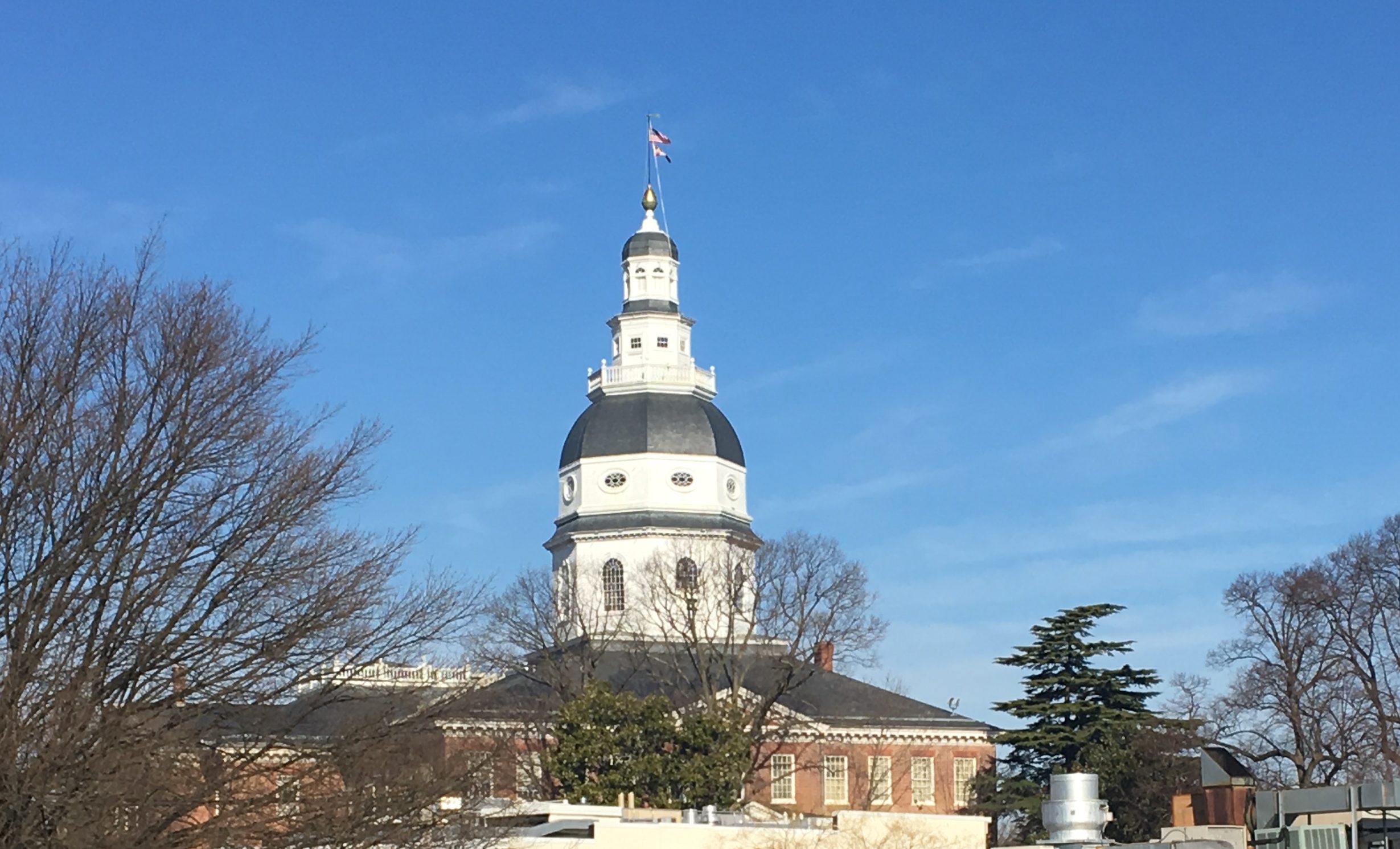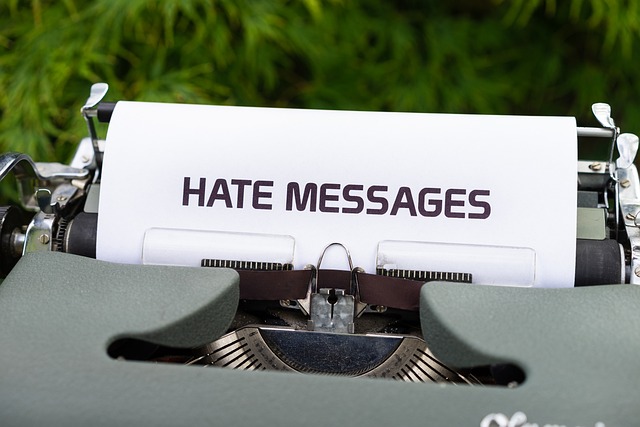Trump dinner just one indicator of rising antisemitic rhetoric and incidents
According to the American Jewish Committee and the Anti-Defamation League, public figures like Trump and West are “normalizing” antisemitic speech, and it has influenced the growth of antisemitic rhetoric on social media platforms including Twitter.
Meanwhile, antisemitic assaults, harassment and vandalism are projected to increase after reaching new highs in 2021, according to the ADL.
Growing antisemitism was the focus of a meeting among government officials, members of Congress and nonprofit organizations at the United States Capitol on Tuesday. The session was convened by Sen. Ben Cardin, D-Maryland, who is chairman of the U.S. Helsinki Commission and special representative on antisemitism, racism, and intolerance for the Organization for Security and Cooperation in Europe (OSCE) Parliamentary Assembly.
“We can and should be doing more,” Cardin said in a statement. “A unified, national strategy on countering antisemitism is needed. While finding the proper balance between protecting free speech and protecting Americans from harm, we need to up our game, rebuild coalitions with other groups that have been the target of hate-based violence, and institutionalize coordination that counters antisemitism wherever it is found.”
“We cannot allow antisemitism to be mainstreamed, nor can fighting it become a partisan issue,” the senator said.
Immediately following billionaire Elon Musk’s acquisition of Twitter last month, the Center for Strategic Communication at Montclair State University tracked an increase in hate speech across the platform.
Bond Benton, a Montclair professor of communication and media, said Musk signaled that speech would be less moderated under his leadership. Benton said the initial spike in hate speech faded quickly, but hate speech incidents have yet to return to pre-Musk levels.
“The second that you say ‘we’re going to reduce moderation,’ it doesn’t enhance free speech. It can almost overwhelm free speech with the amount of negative content that you would see,” the professor said. “We’ve seen that on a lot of free speech-absolutist platforms, which have really become havens for hate groups and extremists and misinformation.”
The MSU report found that in the hours after Musk acquired Twitter, use of a slur against Jewish people increased 23%, although the actual number of tweets containing the slur remained relatively low.
“The thing that we were a little bit concerned about is when we analyzed the spike in hate speech, we saw that potential impressions were actually pretty high. That’s kind of the danger of Twitter,” Benton said. “It is a fairly small number of accounts posting really bad stuff that can be seen by way more people on the platform.”
The posts MSU tracked had the potential to be viewed 3 million times, Benton said.
The group also measured how many tweets mentioned the words “Zionist” and “globalist” – which are sometimes used in white nationalist circles to mean Jewish – after the Musk acquisition. In the pre-Musk days, users might see 200 tweets in a day mentioning “globalist”; in the days after the acquisition, the high point was 1,100 tweets, about a 500% increase.
Tweets referencing “Zionist” peaked at about 700 tweets an hour, up from 150 in a day.
Although the terms could have been used inoffensively, Benton said he didn’t think it was arbitrary that their usage increased so dramatically alongside terms hateful to other groups.
“I don’t want to overstate it. We’re not saying that this overwhelmed Twitter or anything like that,” he said. “But we’re just seeing that terms pejoratively used against the Jewish community are being used more.”
The AJC’s U.S. director for combatting antisemitism, Holly Huffnagle, said “conspiratorial antisemitism” on social media has been increasing for over a decade. But only recently has the country witnessed an increase in “real-life responses and actions” of this volume, she said.
In the spring of 2021, the ADL recorded the highest number of antisemitic incidents – including cases of assault, harassment and vandalism – in their annual audit since it began tracking in 1979.
The “2021 Audit of Antisemitic Incidents” showed that there were over 2,700 incidents, with an average of “more than seven incidents per day and a 34% increase year over year.”
“Looking at some of the numbers in 2022, so far, there is no question that the numbers are continuing to increase,” Meredith Weisel, the ADL’s regional director for Washington, D.C., said. The 2022 audit is expected to be released in the spring.
Last month, the AJC discovered antisemitic graffiti along the Trolley Trail in Bethesda, Maryland, a town with a sizable Jewish population. Three hangmen were painted in red along with the words “no mercy for Jews,” a large swastika and the neo-Nazi slogan “1488.”
Similar antisemitic graffiti has been found on the same trail twice over three months, Weisel told Capital News Service.
“We have seen national leaders and local leaders in government who, in the media, have served as a gateway – as a champion – for some of these radical ideologies. It validates people, promoting their bigotry and militant type of views,” Weisel said. “There are a lot of people who are buying into it.”
Rep. Marjorie Taylor Greene, R-Georgia, was barred from her personal Twitter account in January after Twitter said she violated several of the platform’s policies, including one about COVID-19 misinformation.
But Greene has never been afraid to share her controversial views on social media. On Facebook in 2018, Greene blamed a California wildfire on “Jewish space lasers.”
Her congressional account on Twitter has remained active. And under Musk’s control of Twitter, Greene’s personal account was up and running again, too.
In a tweet posted on Oct. 8, West said he “wanted to go death con 3 on Jewish people,” in a rant about the Jewish community “controlling” the entertainment industry.
“What they don’t realize is that Jewish people were forced out of other industries years ago,” Weisel said. “It’s a classic antisemitic trope to imply that Jews control the entertainment industry. People believe that, and people act out on that.”
Twitter took down West’s tweet and locked his account a day later. However, as soon as Musk took over the platform, West’s account was restored.
“Welcome back to Twitter, my friend,” Musk wrote in a tweet.
Based on the increased polarization of online discourse and the changing landscapes of many social media platforms Americans use today, including Twitter, Huffnagle said finding the balance between participating in “cancel culture,” a method of public shaming, and teaching someone a lesson is essential to solving the problem.
Both Huffnagle and Weisel said that they prefer to participate in what they call “counsel culture” instead.
“The reality of hate speech is protected speech,” Weisel said. “So, our motto here is that we want to counter hate speech with good speech — and with education.”

Capital News Service is a student-powered news organization run by the University of Maryland Philip Merrill College of Journalism. With bureaus in Annapolis and Washington run by professional journalists with decades of experience, they deliver news in multiple formats via partner news organizations and a destination Website.

